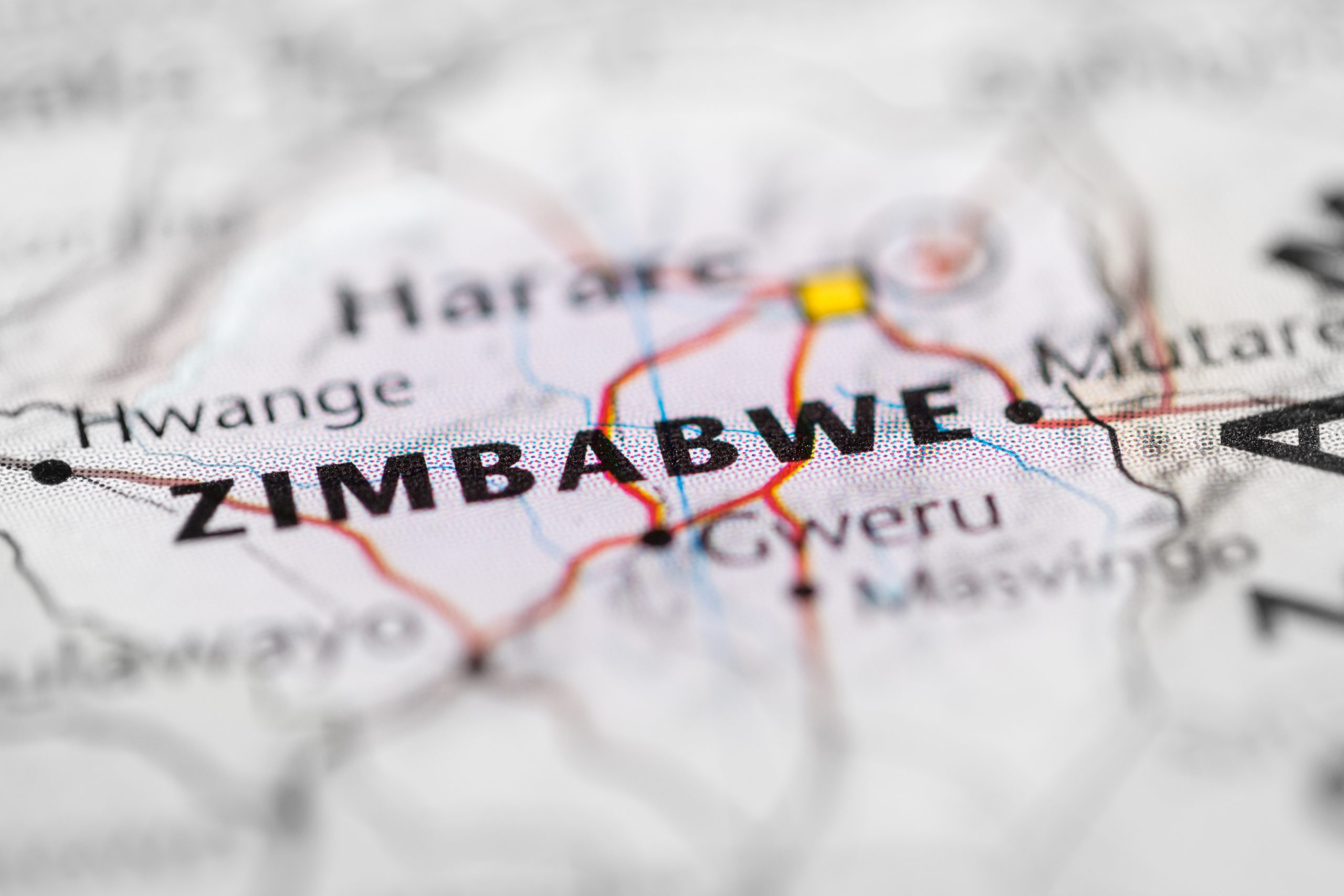
Sky News
A South African judge has ordered prosecutors to investigate whether Zimbabwean President Robert Mugabe’s government committed human rights abuses.
The ruling on Tuesday by Judge Hans Fabricius is the first under 2002 statutes spelling out South Africa’s international law obligations.
While the order is important, legal wrangles could derail an investigation. And if it did go ahead it could complicate South Africa’s role as the main mediator in Zimbabwe’s political crisis.
Human rights lawyer Nicole Fritz, whose Southern Africa Litigation Centre joined the Zimbabwean Exiles forum to bring the suit, said human rights groups have documented cases of torture and other crimes in Zimbabwe.
‘These crimes of the worst type are the responsibility of all the international community,’ Fritz said.
Fabricius’s order, she said, allows South Africa’s strong judicial system to hold Zimbabwean officials responsible for crimes allegedly committed ahead of violent and inconclusive 2008 elections.
Refugees fleeing Zimbabwe’s political violence and economic chaos have come to neighbouring South Africa by the thousand. Zimbabwean officials implicated in abuses also come to South Africa on official and personal business, Fritz said.
National Prosecuting Authority (NPA) spokesman Mthunzi Mhaga said prosecutors would study the ruling and decide what legal steps to take.
‘There may be an appeal,’ said James Gathii, co-chairman of the Africa interest group of the American Society of International Law. ‘But I think that more likely than not the NPA and police will have to take a closer look at the case.’
‘It’s really impressive what the Southern African Litigation Centre has done,’ said Gathii, who teaches at Albany Law School in New York. He said the South Africa ruling resulted from a new maturity civil and human rights groups are developing across Africa as they use international law to tackle abuses on the continent.
Repeated attempts to reach officials of Mugabe’s ZANU-PF were unsuccessful.
In his ruling, Fabricius said an investigation is in the interests of ‘the victims of the torture who had been denied the opportunity to see justice done, and the general South African public who deserve to be served by a public administration that abides by its national and international obligations’.
The South African parliament in 2002 passed the International Criminal Court Act to comply with the global treaty that created the court, known as the ICC. South African law provides for the prosecution in South African courts of people accused of committing genocide, crimes against humanity and war crimes, whether they were committed in or outside South Africa.
Foreign suspects can be arrested and prosecuted if they should come to South Africa.
In Canada in 2009, a Rwandan man was found guilty of war crimes during his country’s 1994 genocide under a Canadian law that allows residents there to be tried for crimes committed abroad.
http://www.skynews.com.au/world/article.aspx?id=748580&vId=



